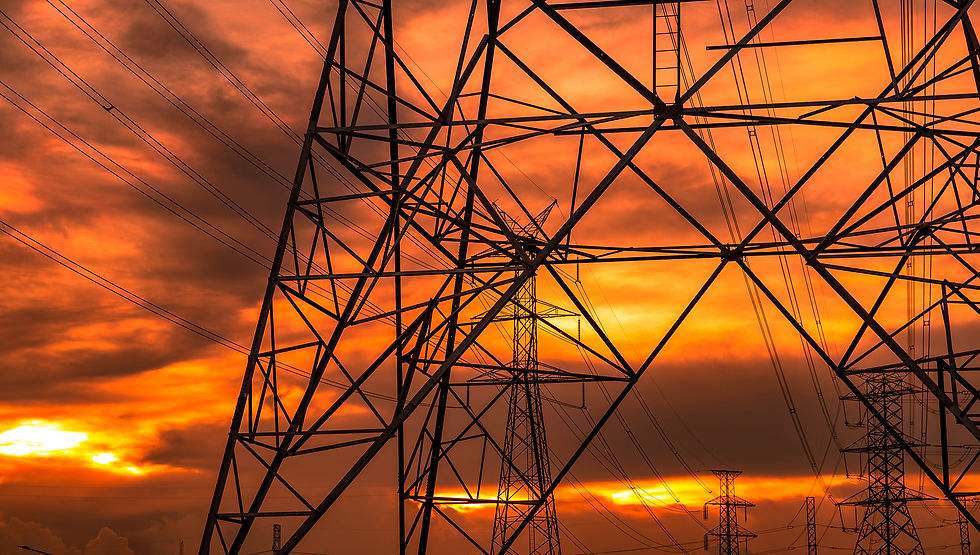Taking charge of where the buck stops
- Mar 19, 2020
- 2 min read

By Associate Professor Bruce Mountain, VEPC Director
Earlier this week the Victorian Parliament has passed legislation to give the Government the option to approve the development of high-voltage power lines in Victoria. Last week, in an opinion article in The Age, the Shadow Energy Minister, Ryan Smith, questioned the merits of the legislation suggesting that it would lead to higher power prices.
Shadow Minister Smith argues that replacing what he sees as an independent expert approval process with ministerial fiat, will result in wasteful expansion of the grid at consumers’ expense. To be precise, the new arrangements are best characterised as an escape valve; the Government is creating an option to intervene where the national approvals process bogs down.
The Shadow Minister correctly points out that new generators in Victoria are battling to get their production to market. Producers and consumers are losing out as a result. But it is bureaucratic national approval processes that explain the log jam. The situation was entirely foreseeable and that we have got to this point demands a response – more of the same is no solution.
An escape valve is surely desirable, but will it increase prices? I doubt it. It is certainly not correct that expanding transmission networks necessarily leads to higher prices. Transmission reduces prices to the extent that it connects cheaper production that displaces more expensive production. This is a common argument for the construction of bridges, ships, roads and railways.
In electricity, we have studied this extensively and the conclusion of these studies is clear; reduction in wholesale prices associated with the connection of low cost renewable production (whether from large wind farms in western Victoria or solar panels on the rooves of Melbourne homes), brings prices down for everyone. The wholesale price reductions offset, many times over, the modest price increases associated with transmission expansion.
In addition, Victoria’s ageing coal generators are all proving to be unreliable. Keeping the lights on means developing and connecting replacement production quickly. There is no time to lose.
In many ways, other states are emulating Victoria’s approach in practice. Legislative change along the lines contemplated in Victoria will surely follow soon.




Comments